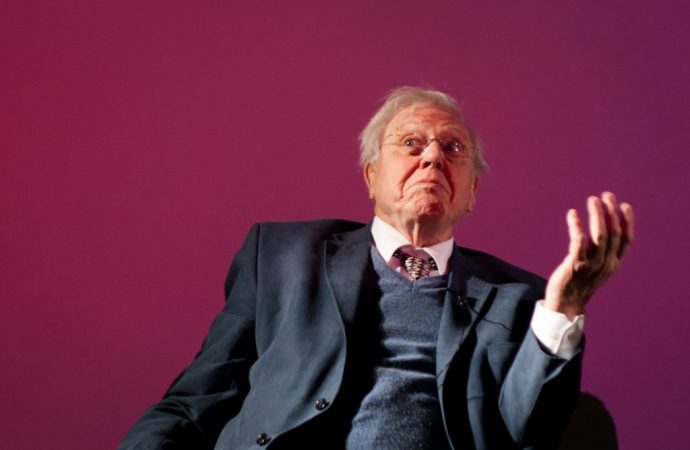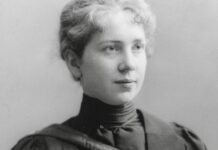Born on Isleworth, England, in 1926, Sir David Attenborough soon showed a passion for nature; in his childhood, he spent most his time collecting rocks, fossils and natural specimens. In 1945, he won a scholarship to study zoology and geology at Clare College, in Cambridge. After his graduation, Attenborough spent two years in the Royal Navy as a navigational officer.
The Zoo Quest
After a short passage in an educational publishing house, revising children’s textbooks, the entertainment business crossed Attenborough’s path. In 1952, he became a full-time TV producer at BBC, a career marked by innovative programs. Zoo Quest helped launch his name to the wide audience. First aired in 1954, the show was a collaboration between Attenborough and Jack Lester, the curator of the reptile house in the London Zoo at the time. The documentary series featured both studio and wildlife footages, often in locations which have never been seen on television before. Zoo Quest stayed on air at BBC until 1963 and became the most popular nature program at its time in Britain. For most viewers, each one of the forty-two episodes showed them terrifying and spectacular footages of animals they had never seen before.
A young David Attenborough has gone to Indonesia in search of the fearsome Komodo dragon. Credit: BBC Earth
After the series’ success, Attenborough was promoted to director of the recently created BBC Two, where he commissioned diverse programs, such as the Monty Python’s Flying Circus, Man Alive, and Civilization.
Life on Earth
In 1972, he resigned from BBC and focused on writing documentaries. The Life on Earth, broadcasted by BBC in association with Warner Bros in 1979 and with Christopher Parsons as executive director, overwhelmed the audience. The show was sold to more than one hundred territories and won the Broadcasting Press Guild award for Best Documentary Series.
On one of the most famous episodes of the show, Attenborough sees himself face to face with an adult mountain gorilla. When he turns to the camera, he whispers: “There is more meaning and mutual understanding in exchanging a glance with a gorilla than with any other animal I know. Their sight, their hearing, their sense of smell are so similar to ours that they see the world in much the same way as we do. ”
In 1984, Attenborough wrote and presented The Living Planet, a follow-up of the Life on Earth series. This series focused on the mechanisms by which plants and animals adapt to their surroundings. Like its predecessor, The Living Planet gained major critical acclamation. A year later, Attenborough received his knighthood from Queen Elizabeth II, in recognition of his services to television. Later, in 2005, the monarch awarded him an Order of Merit.
Environmentalism
Throughout the following years, Sir David Attenborough cemented his role as one of the most prestigious TV broadcasters, with dozens of documentaries produced and narrated by him, as well an environmental activist, calling out for the tremendous impact of human activities on the environment. In the recent protests against climate change in England, he supported school climate strikers, claiming that their decision to strike over the lack of political action concerning climate change was “certainly justified”. He added that “If we were not making progress with young people, we are done” while admitting that his generation has damaged the planet. “We have done terrible things. (….) We older ones should take notice of what [young strikers] say.”
Image Credit: User:Mikedixson [CC BY-SA 3.0], via Wikimedia Commons
See more:
Zoo Quest in Colour (BBC)
Our Planet (Trailer| Netflix| 2019) – narrated by Sir David Attenborough





